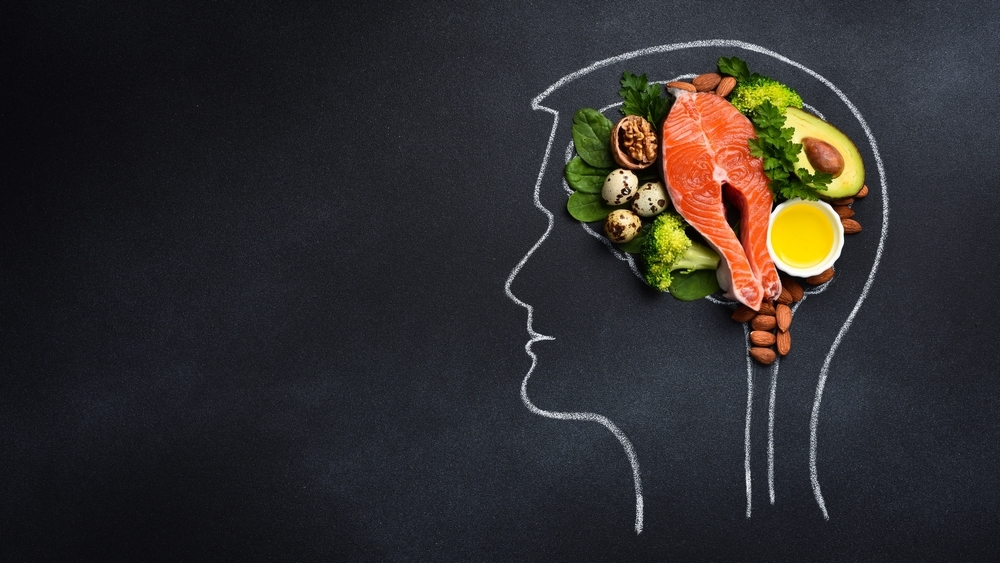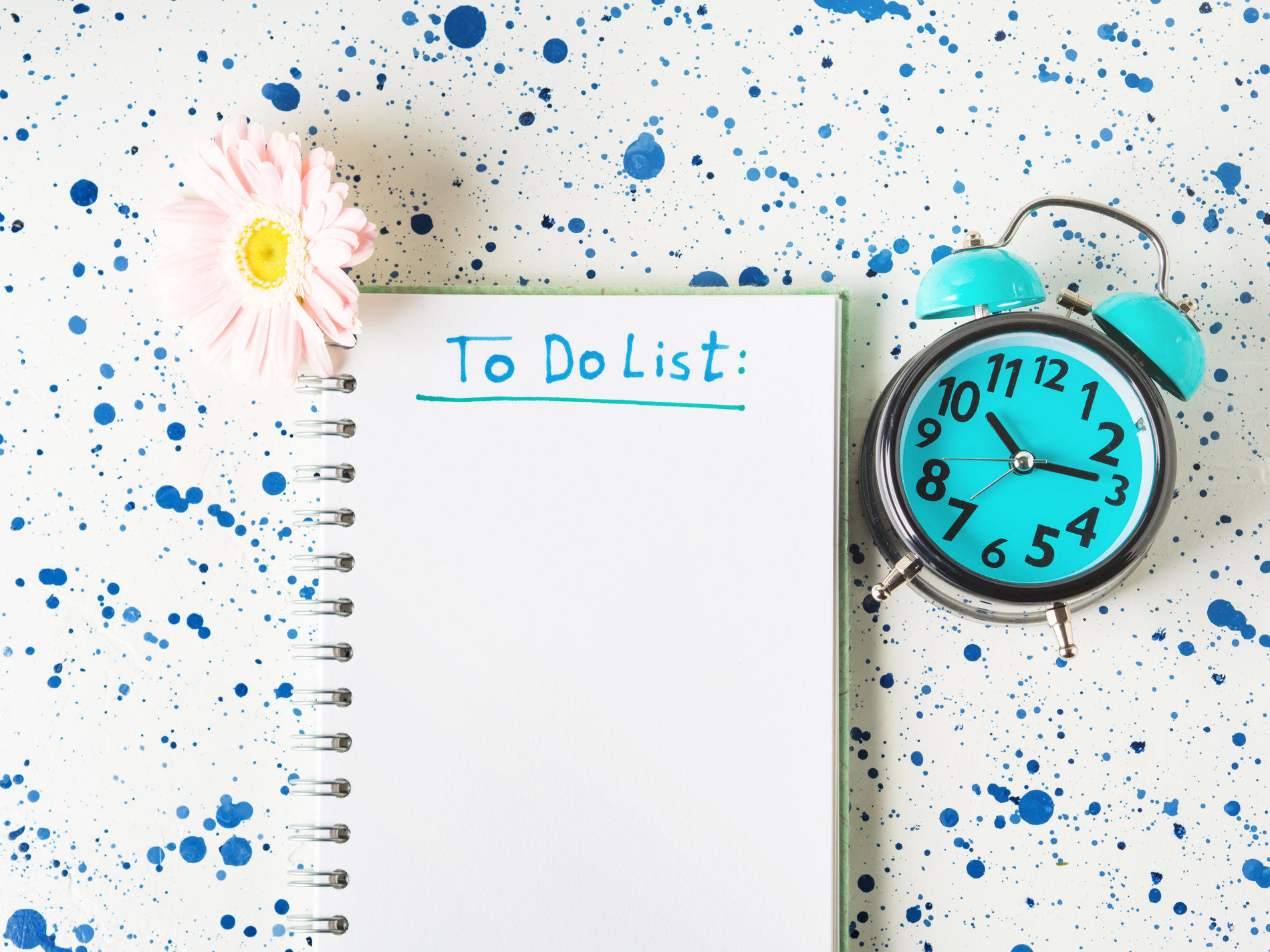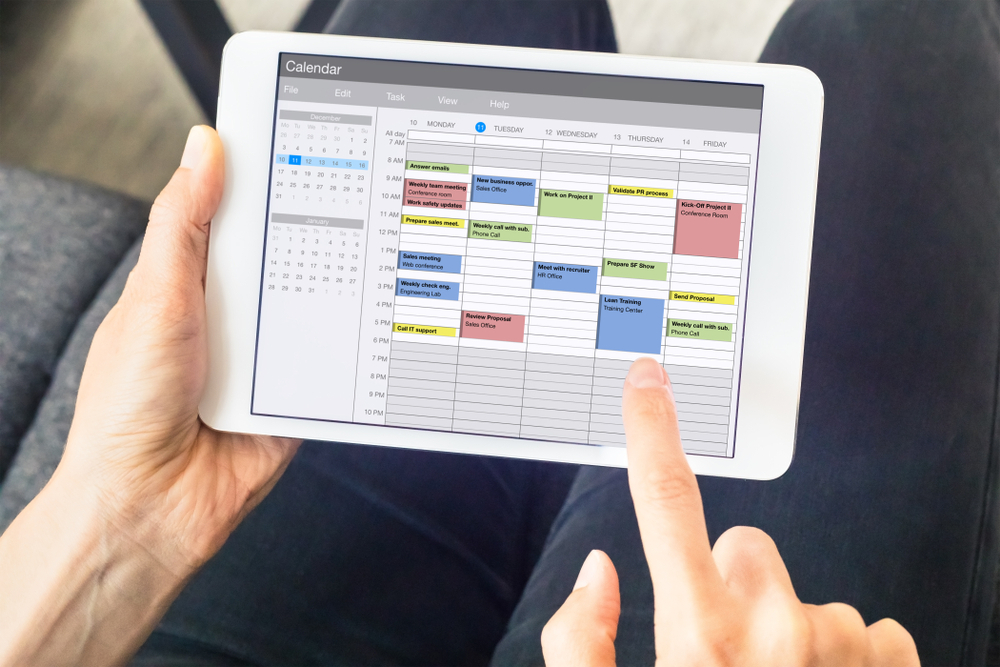
If you suffer from migraines, you are likely aware that discomfort is not the only difficulty. Additionally, a lot of people suffer from migraine brain fog, which is a debilitating combination of disorientation, memory problems, and mental sluggishness that can make even easy tasks seem impossible. The good news? You can clear up the confusion and make life a bit more understandable with the correct tactics. These ten suggestions might be useful.
1. Soothe Attacks with Simple Remedies

The fogginess in the brain can get worse the longer a migraine lasts. It is crucial to calm an attack as soon as possible because of this. Drinking water (especially if you feel queasy), grabbing a light snack, resting in a quiet, dark room, applying a cool cloth to your temples, or sneaking in a nap are some reassuring techniques. The smallest actions can occasionally have the greatest impact.
2. Keep Medications Handy

Brain fog can appear hours or even days before a migraine, so it’s not always waiting for the pain to be felt. If your attacks are mild, it may be helpful to have over-the-counter pain relievers on hand, such as naproxen, ibuprofen, or acetaminophen. In more severe situations, your physician might suggest prescription drugs like tablets, injections, or even inhalers.
3. Track Your Triggers with a Headache Diary

Every migraine is unique. You can find useful patterns by recording when your headaches occur, how severe they are, and what you ate or did before they happened. In this manner, you are able to identify triggers, such as particular foods, bright lights, or stress, and take preventative measures.
4. Find Healthy Stress Outlets

One of the most frequent causes of migraines is stress, and regrettably, migraines themselves can make your life even more stressful. It is a complex cycle. You can reduce your risk of pain and brain fog by using relaxation techniques like deep breathing, journaling, meditation, and even simple stretching.
5. Prioritize Quality Sleep

Migraines and sleep are closely related. Attacks can be triggered by sleep deprivation, excess sleep, or irregular sleep. You can avoid the fog and get a better night’s sleep by adopting healthy sleep habits, such as following a routine, keeping your bedroom cool and dark, and avoiding excessive screen time right before bed.
6. Move Your Body

For migraineurs, exercise can be challenging because strenuous workouts can occasionally precipitate attacks. However, it has been demonstrated that regular, mild exercise, such as yoga, swimming, or walking, can lessen the frequency of migraines. Additionally, it increases feel-good hormones that facilitate clearer brain function. If you’re just starting out, start out slowly and aim for 150 minutes of moderate movement per week.
7. Nourish with a Balanced Diet

It matters what you eat. Migraines can be controlled with a diet high in fruits, vegetables, whole grains, and lean proteins. Conversely, processed foods, added sugars, and preservatives can cause problems. You can adjust your diet for improved mental clarity by keeping an eye on how your body responds to particular meals.
8. Take Regular Mental Breaks

Pushing harder frequently backfires when your brain is cloudy. Rather, allow yourself to take a moment. Your focus can be restored with even a brief 10-minute break. Longer breaks, such as a half-hour rest, may be very beneficial if you’re experiencing severe brain fog.
9. Tackle One Task at a Time

Brain fog makes multitasking almost impossible. Instead, concentrate on one thing at a time and divide large projects into smaller ones. As you cross things off your list, you’ll feel less stressed and more accomplished.
10. Use Memory Helpers

Don’t be scared to use tools and support systems if you start to forget things. Use task-organizing apps, keep sticky notes close at hand, or set reminders on your phone. You can also stay grounded by asking loved ones to help you stay on course, reading aloud, or following a routine.
Brain fog and migraines can occasionally seriously impair day-to-day functioning. It’s wise to consult a healthcare professional if your symptoms worsen, change, or cease to improve with treatment. Additionally, get emergency care as soon as possible if you ever experience sudden, intense head pain or neurological symptoms like vision issues or difficulty speaking.
Although migraine-induced brain fog can be frightening, research indicates that it doesn’t result in memory loss or long-term brain damage. You can regain clarity and feel more in control by identifying your triggers, taking care of your body, and developing coping mechanisms.




